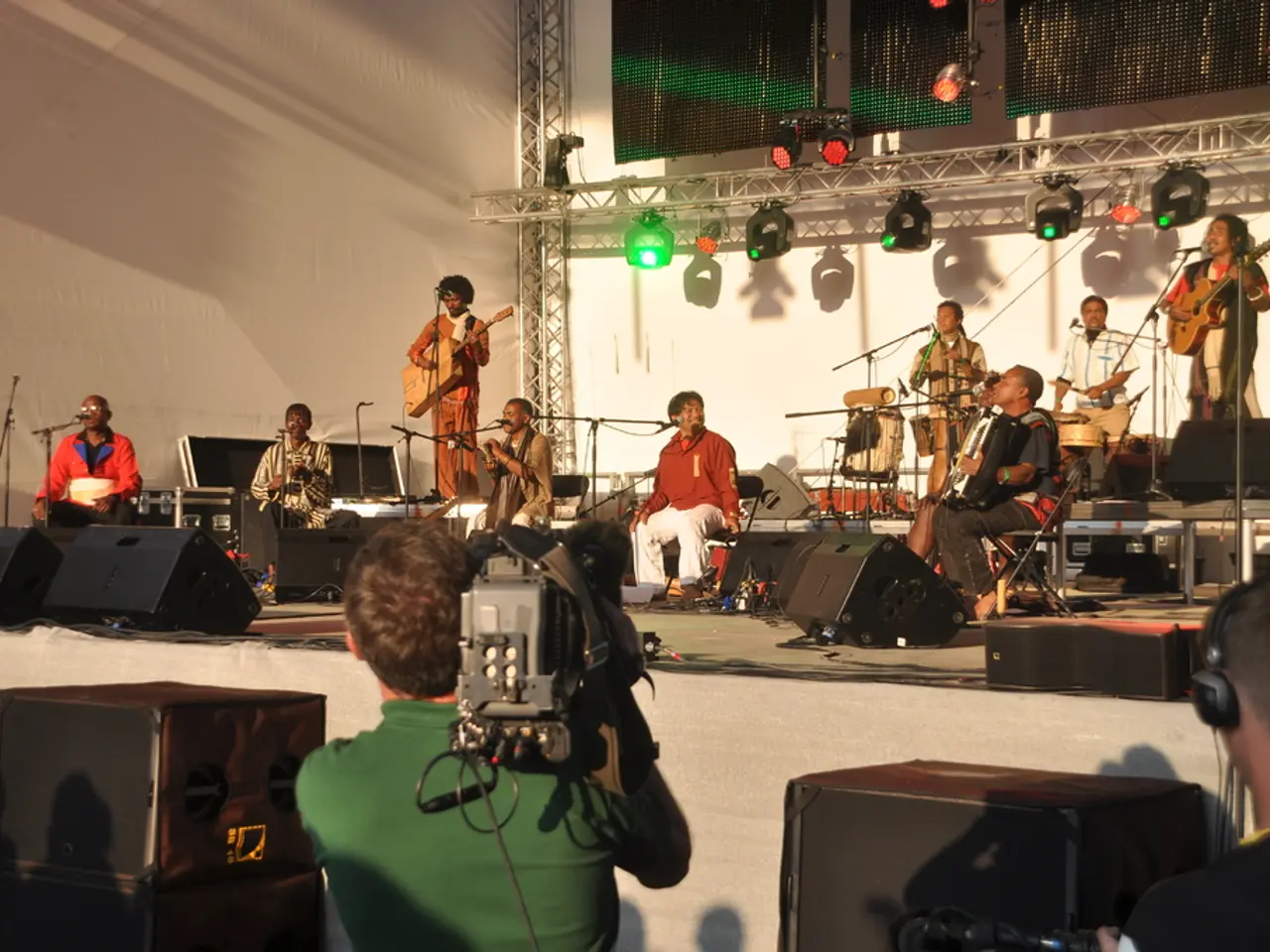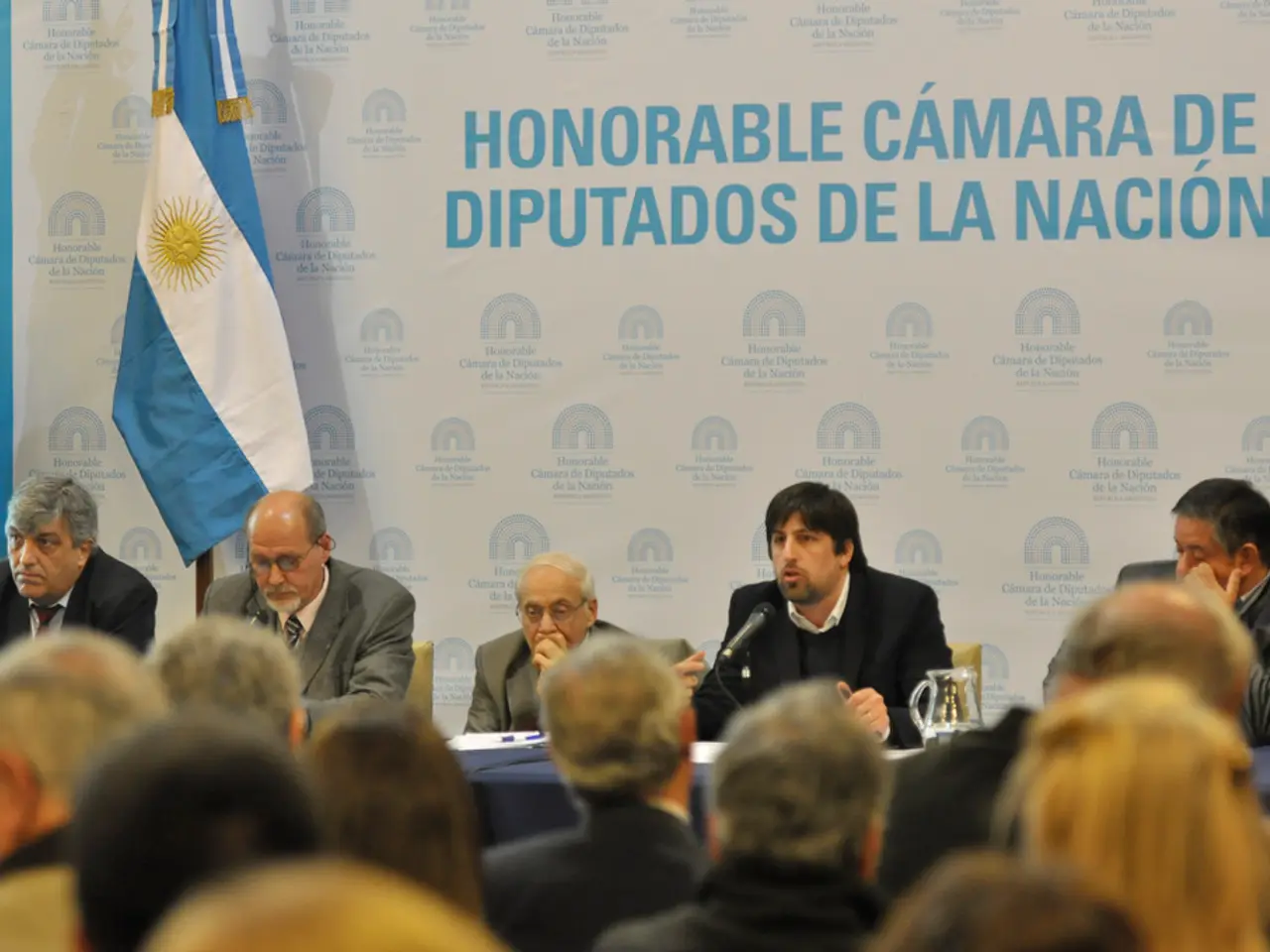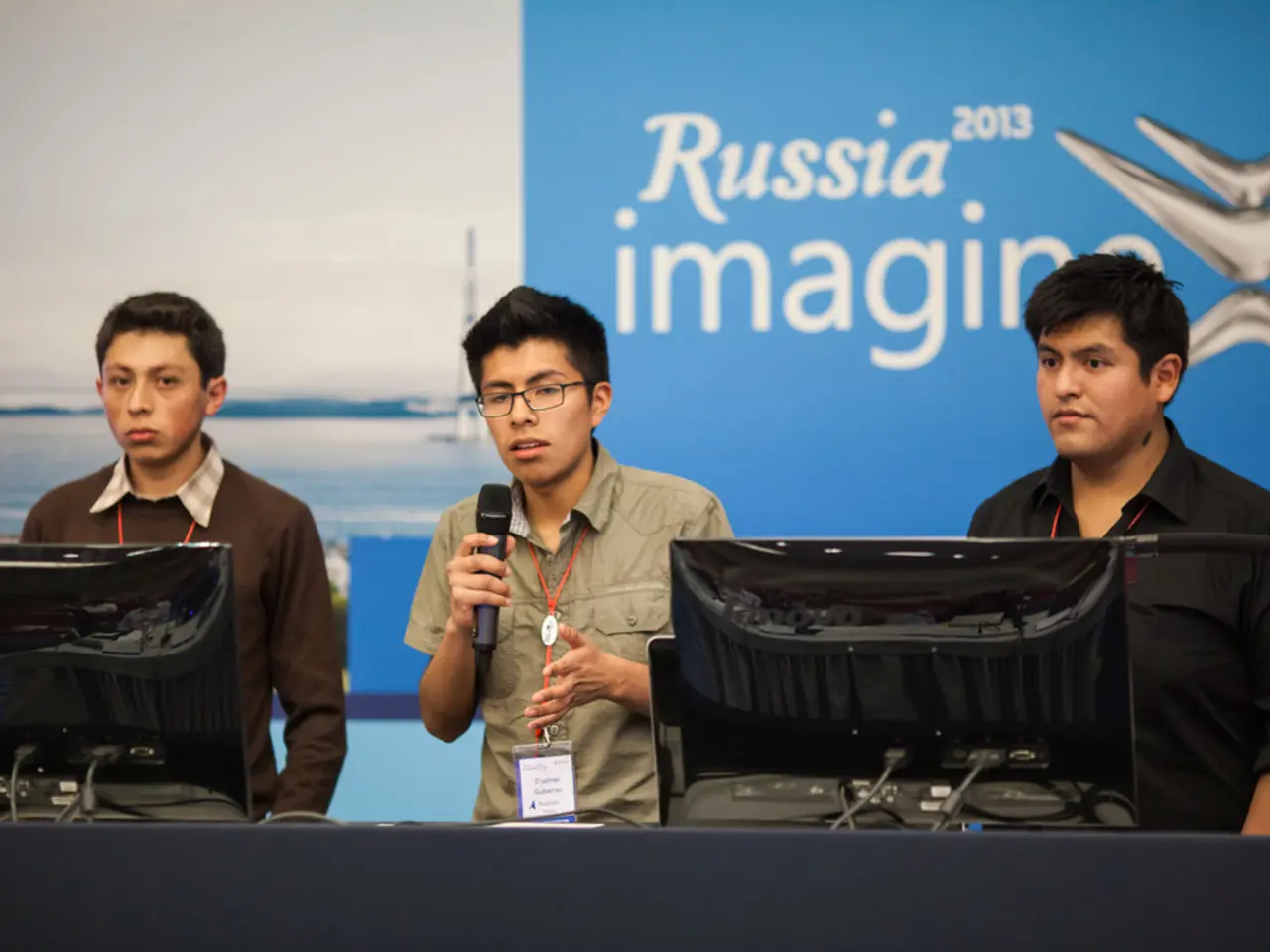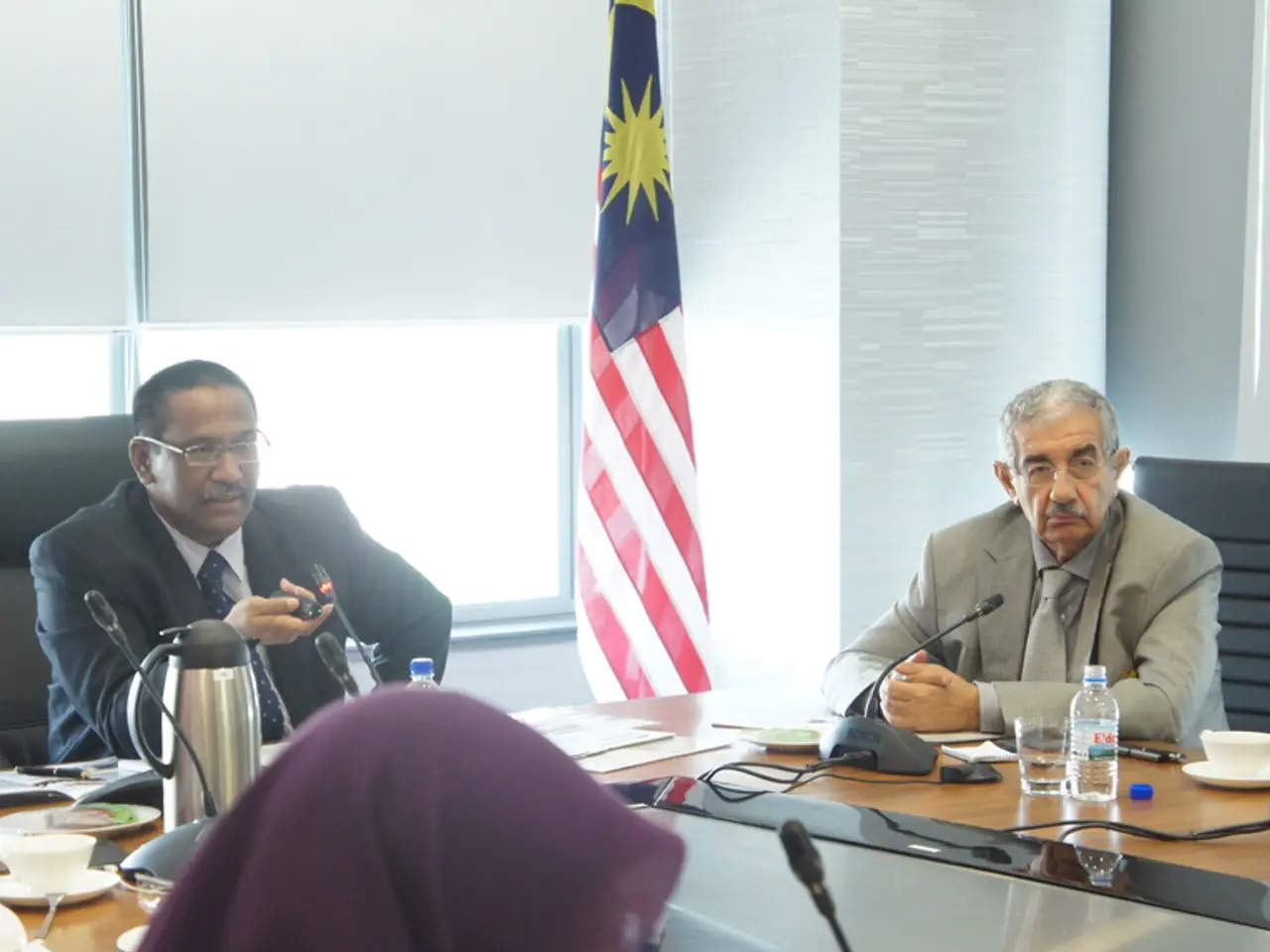Gig in Tehran's capital to honor "Israel's defeat"
Celebratory Concert Amidst Iran-Israel Ceasefire
In the bustling city of Tehran, tunes fill the air as a grand concert takes place at the famous Azadi Square to celebrate Iran's so-called "victory." Moscow-based RIA Novosti reported on this spectacle.
This vivacious event showcases the musical prowess of none other than the esteemed Iranian maestro, Naser Heydarian.
Interestingly, the背景 of this ceasefire, as evidenced by the proxy and direct conflicts between Iran and Israel over the years, dates back to a myriad of wars, proxy militias, and covert operations spanning decades. In recent times, tensions took a sharp turn for the worse, with Israel's aggressive strikes on Iranian nuclear and military facilities causing substantial loss of life on both sides.
On one fateful day in June, U.S. President Donald Trump confirmed the much-needed ceasefire between Iran and Israel. According to him, the cessation of hostilities would formally mark "the official end of the 12-day war."
Political analyst, Andrey Pinchuk, shed light on the seemingly spontaneous ceasefire. He explained that Israeli-Iranian talks were expedited due to Trump's "sprinter" approach, lacking the stamina for long-haul diplomacy.
Meanwhile, political scientist, Fedor Lukyanov, emphasized that the ceasefire, as declared by Washington, was an opportunity for both parties to declare their own victories. Israel and the U.S. boasted about supposedly destroying Iran's nuclear program, while Tehran showcased resilience in the face of formidable opponents.
Ahead of this momentous agreement, Trump had laid out stringent conditions for a repeat strike on Iran.
The history of the Israel-Iran conflict stretches back to a proxy war, with Iran supporting groups like Hezbollah in Lebanon and Hamas in Gaza, and Israel retaliating with deliberate strikes against Iranian forces in Syria and other regions. By 2024 and 2025, the proxy conflict escalated into direct conflicts, with Israel launching a series of airstrikes targeting Iran’s nuclear program and conventional military capabilities. Israel aimed to prevent an Iranian nuclear threat and restore its formidable deterrence.
The Israeli attacks resulted in significant casualties on both sides and heightened regional tensions. In the end, both Iran and Israel took turns to ease tensions with their neighboring countries, indicating an underlying mutual desire to prevent further escalation. The ceasefire brings a temporary halt to the violence and may open the door for diplomatic efforts to de-escalate tensions and reduce broader regional instability.
- Despite the ongoing political tension between Iran and Israel, the entertainment industry in Tehran, like the grand concert at Azadi Square, continues to thrive, serving as a momentary distraction from the general-news events.
- The ceasefire between Iran and Israel has sparked a flurry of political discussions, with analysts like Andrey Pinchuk and Fedor Lukyanov weighing in on the implications for regional politics and the future of the Israel-Iran conflict, a subject that extends beyond entertainment and general-news into the realms of politics and foreign policy.







